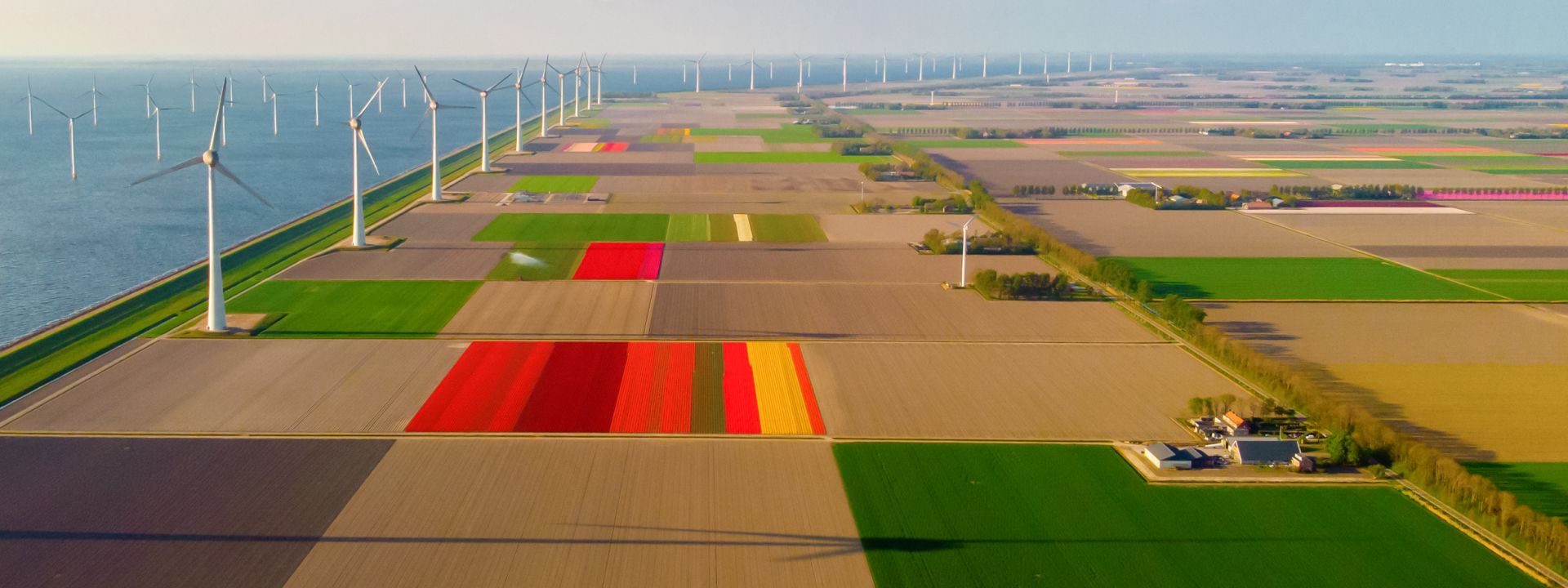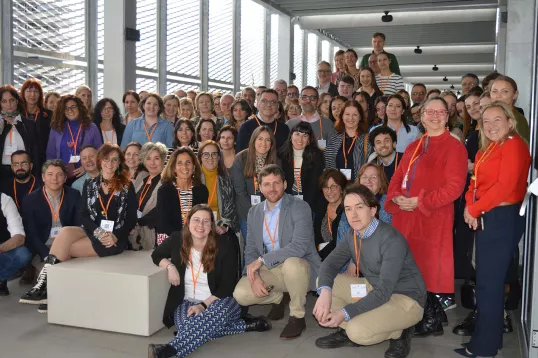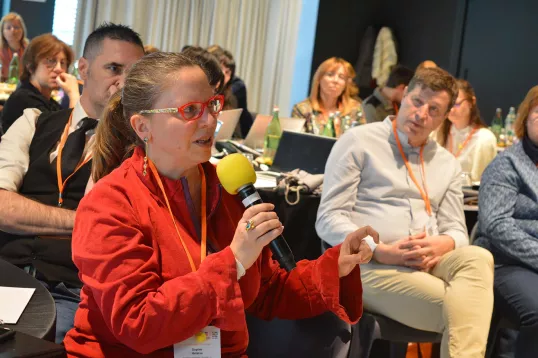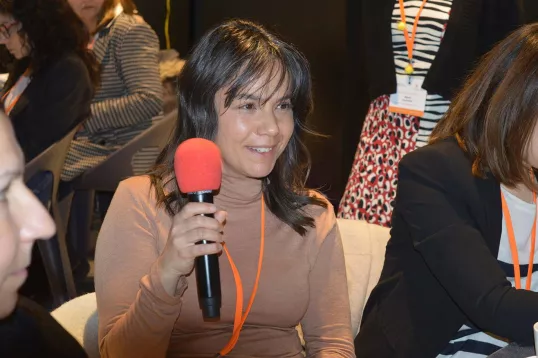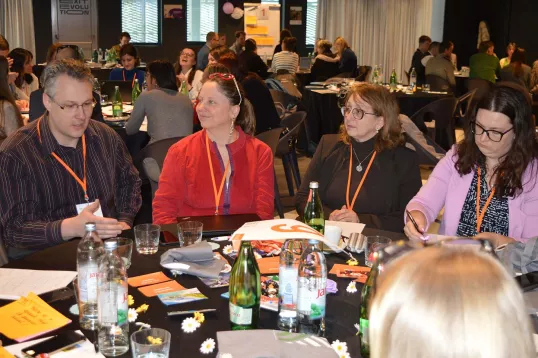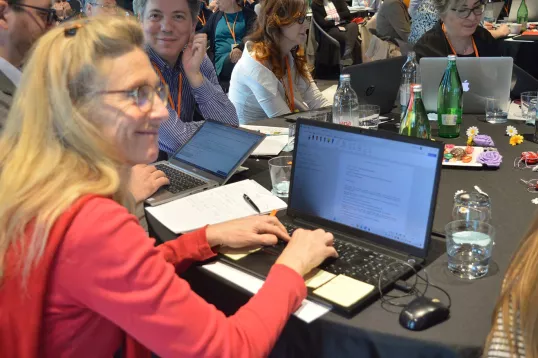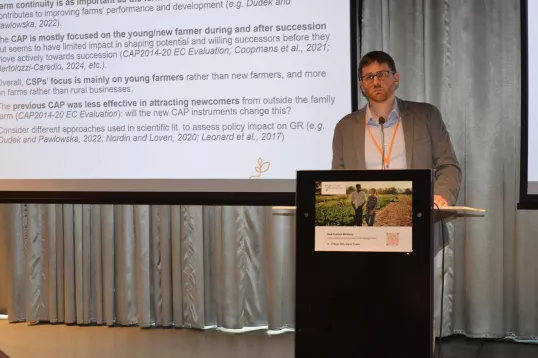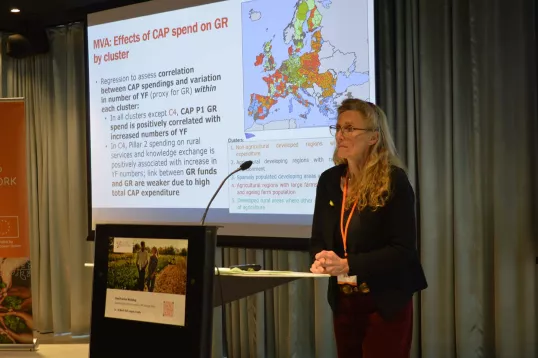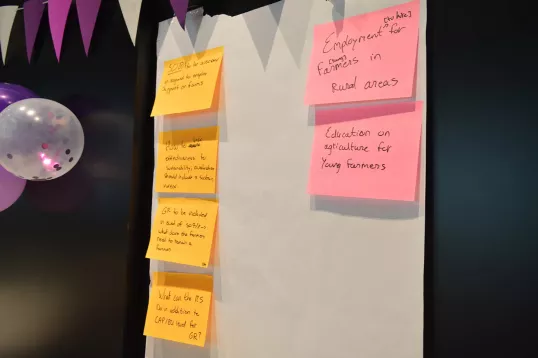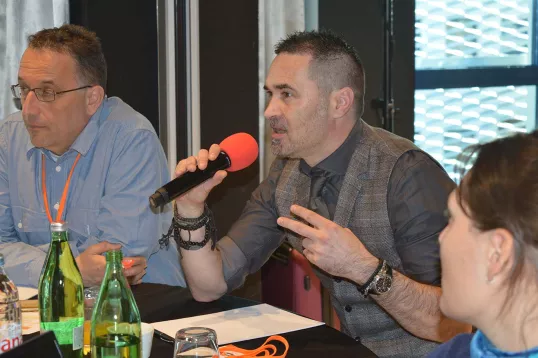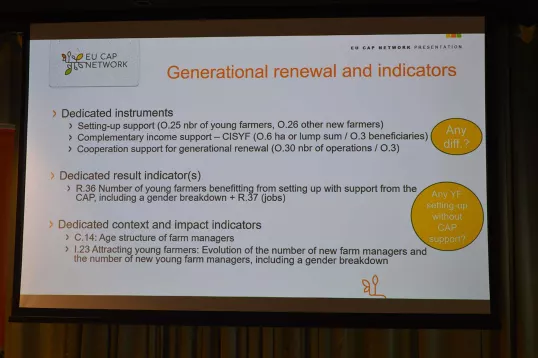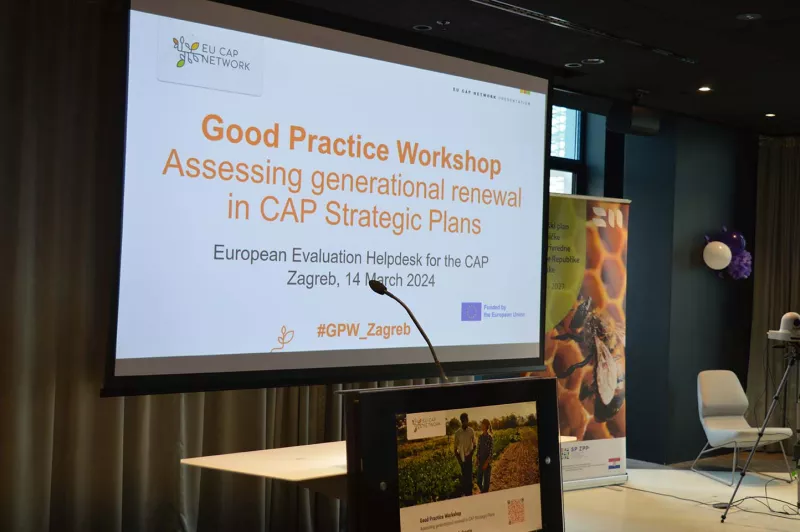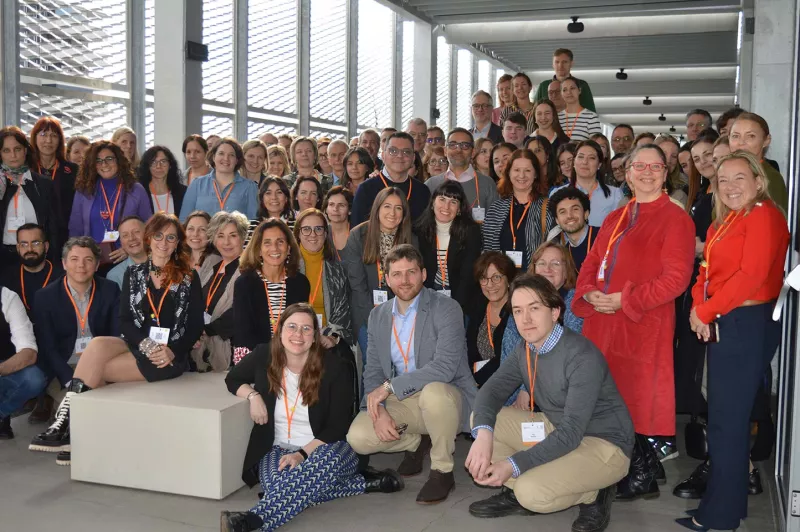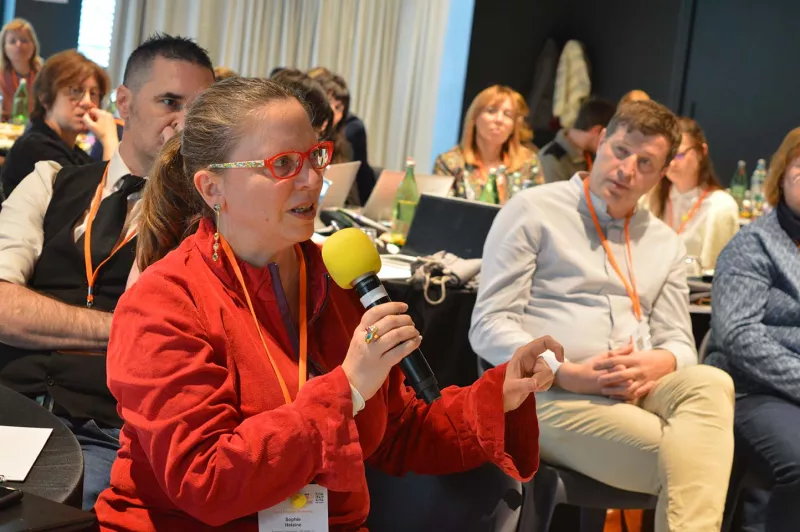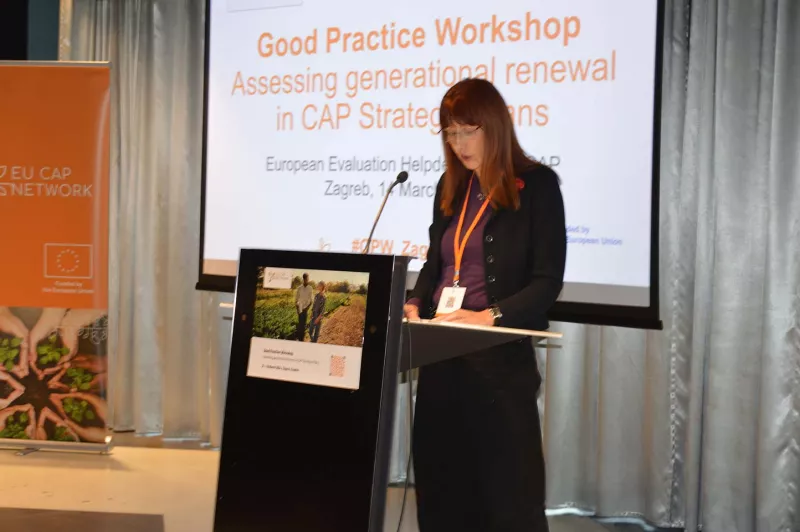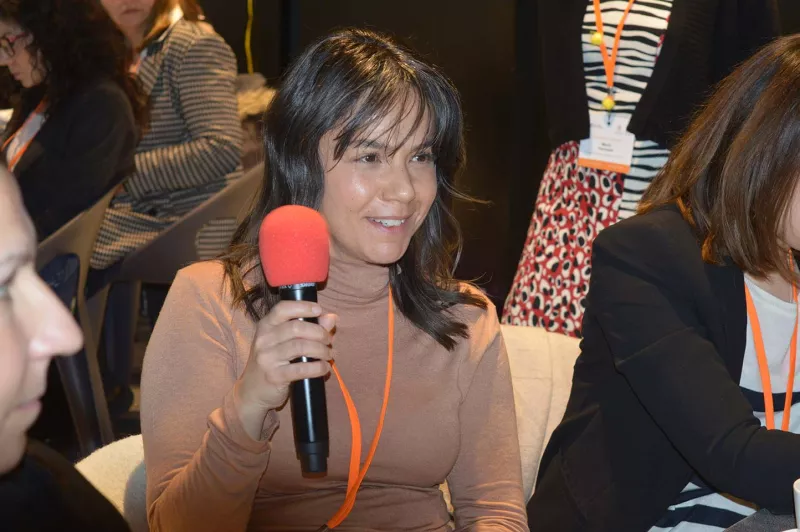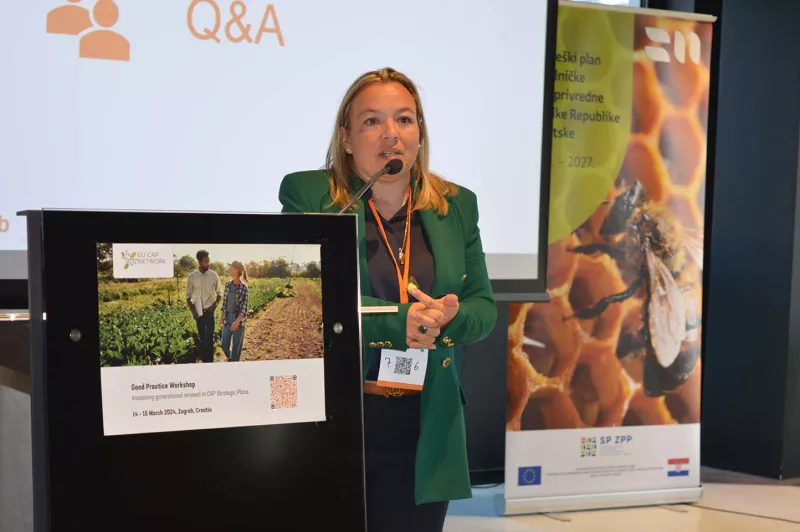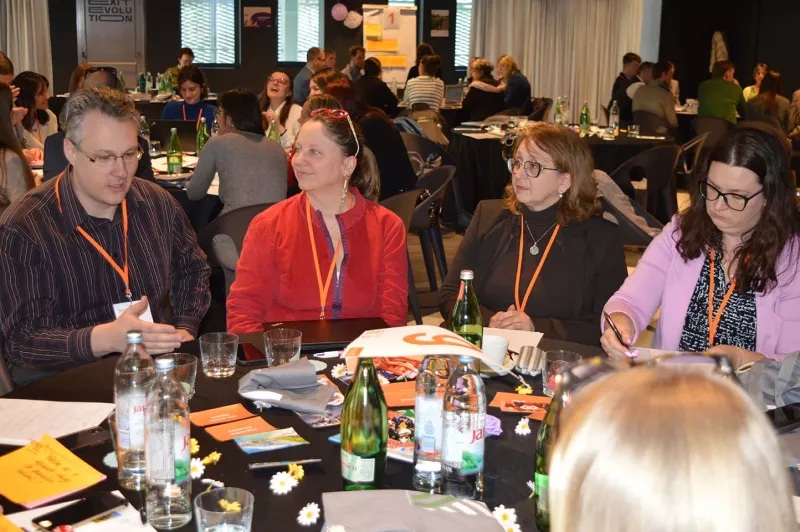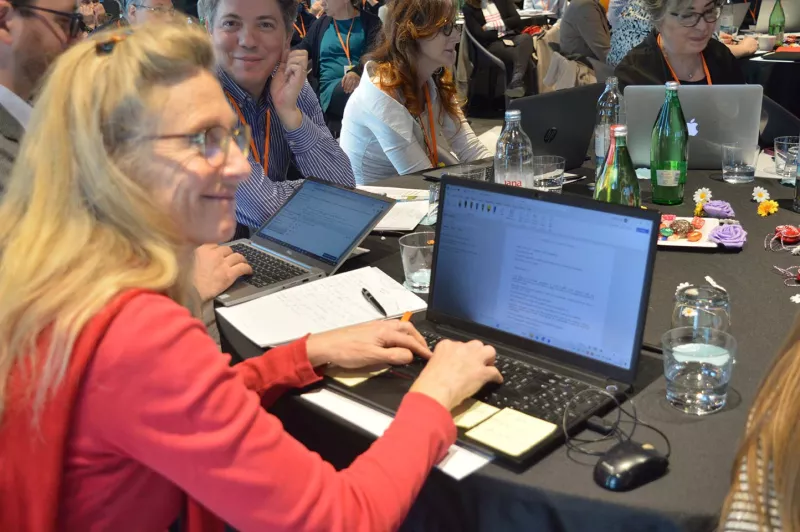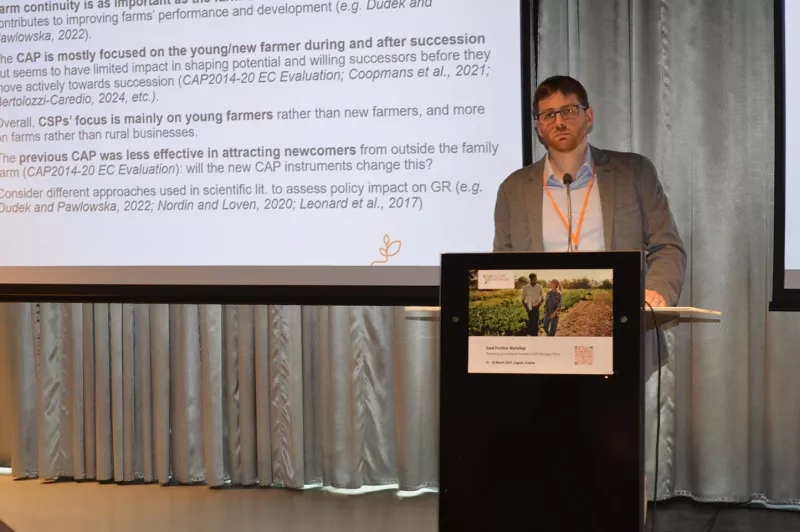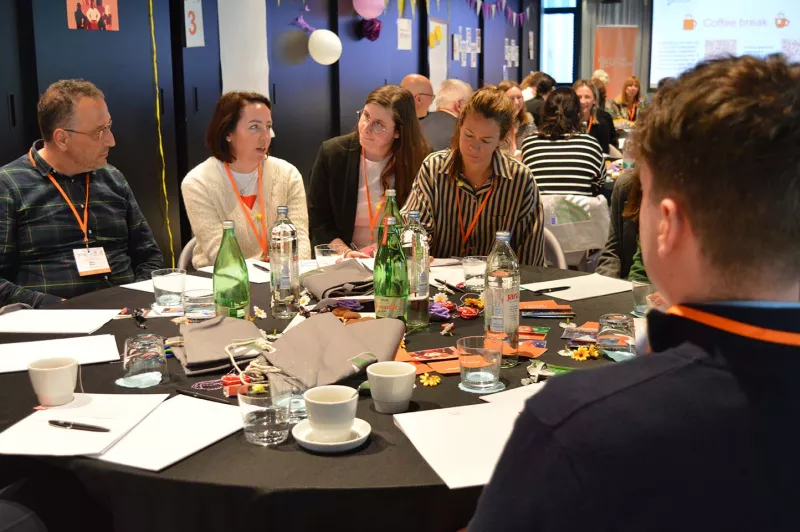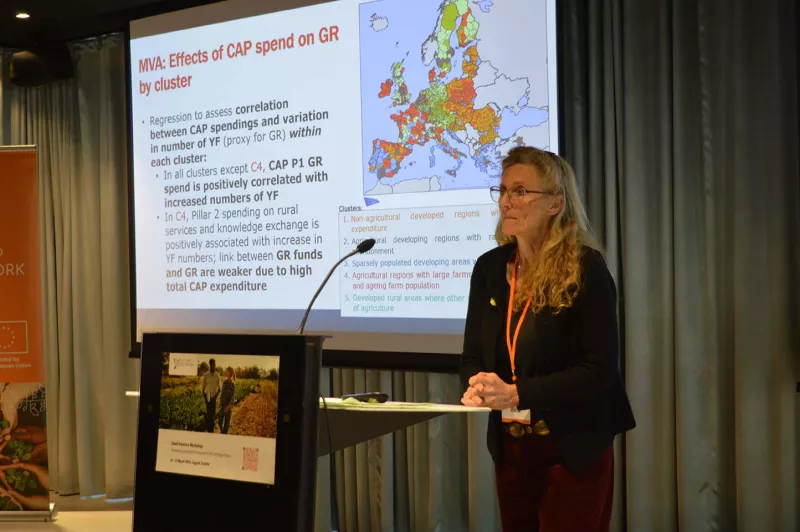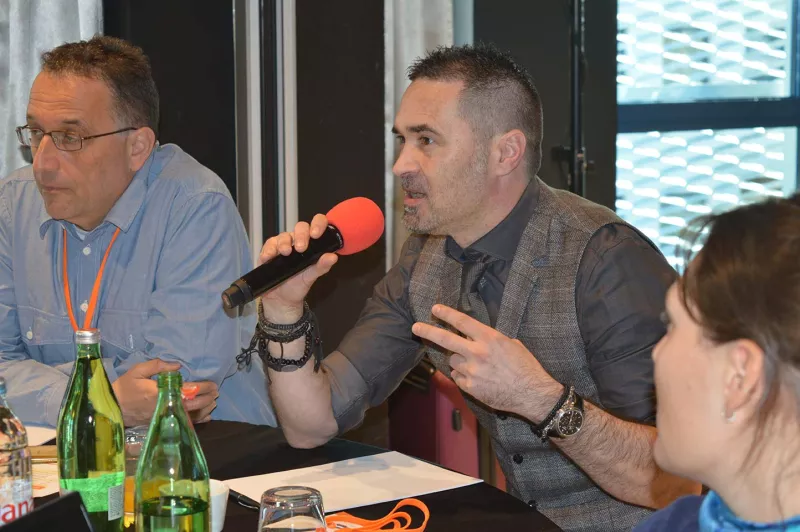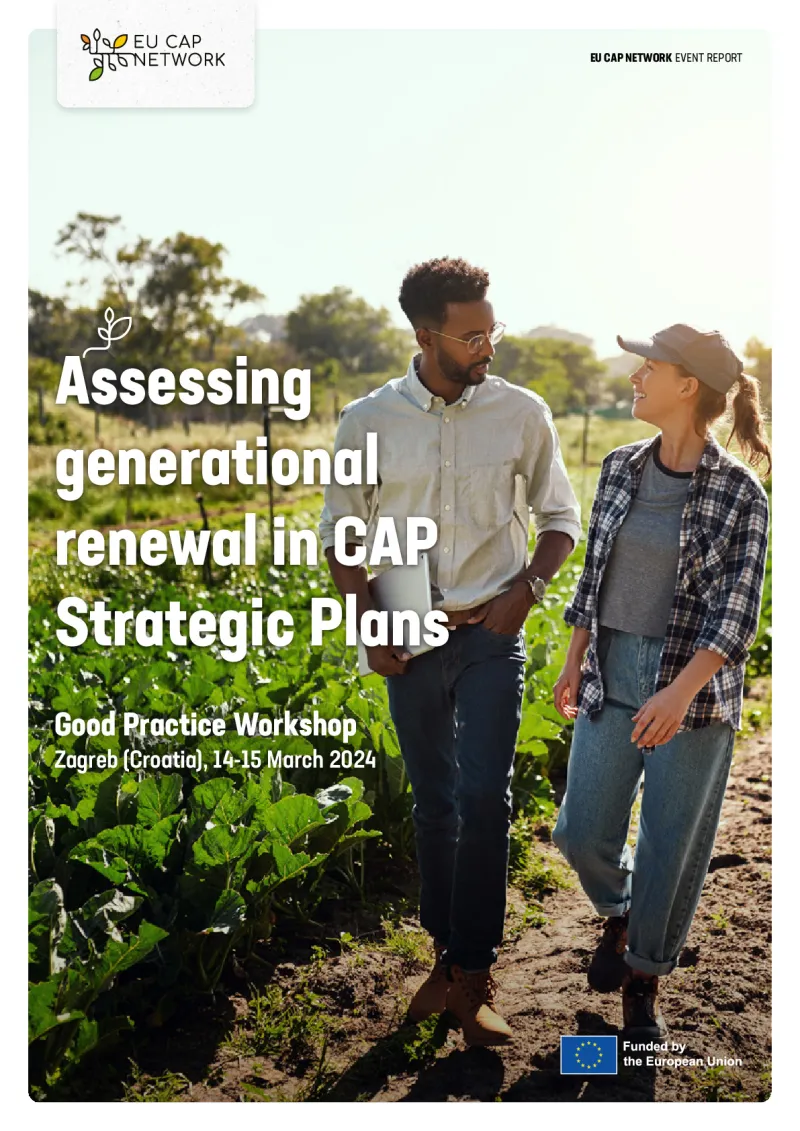This workshop explored critical issues in the evaluation of generational renewal in the EU, in the CAP, including aspects of gender equality.

The EU CAP Network and the Croatian Ministry of Agriculture hosted the sixth Good Practice Workshop on ‘Assessing generational renewal in CAP Strategic Plans’ in Zagreb, Croatia, 14 – 15 March 2024.
Background
Generational renewal is a key priority under the current CAP implementing period, as almost a third of farm managers across the EU were 65 years of age or older in 2020. The decline in farm succession is often associated with land abandonment, decreasing farm efficiency and capital losses. Thus, the need for attracting and supporting young and new farmers is critical. This is not only a matter of renewing the agricultural labour force, but also of boosting the innovation and modernisation of the sector.
Building on previous evaluations and the evolving framework under the new CAP architecture, this workshop aimed to provide a comprehensive overview of the methods and approaches used in assessing generational renewal. Special attention was paid to the role and participation of women in farming, integrating the gender equality dimension into an evaluation perspective for Member States. Generational renewal and gender equality experts participated in this Good Practice Workshop providing specialised input on evaluation elements and approaches useful for assessing this topic.
The sixth Good Practice Workshop had the overall objective to reflect and learn from each other’s experiences and ideas in relation to the evaluation of generational renewal, including the perspective of gender equality to prepare Member States for future evaluations on this topic.
Objectives
- The workshop aimed to increase the evaluation knowledge of stakeholders involved in the evaluation of generational renewal in the context of CAP Strategic Plans.
- Offered an opportunity to exchange practical experiences from past evaluations on generational renewal, at the regional or national level, including the gender equality perspective where possible.
- Provided an opportunity for networking and identified needs for further support for Managing Authorities, CAP networks and evaluators in relation to the evaluation framework for assessing generational renewal, including its gender equality dimension.
Target audience
The workshop was an opportunity for Managing Authorities, CAP networks, Paying Agencies, evaluators, EU-level evaluation experts, and other evaluation stakeholders in the Member States to exchange with each other. The working language was English.
This event was organised with the support of the European Evaluation Helpdesk for the CAP.
Programme
Assessing generational renewal in CAP Strategic Plans - Final agenda
(PDF – 247.94 KB)
Additional info
Venue
Zagreb Croatia
Organiser

EU CAP Network
Support

European Evaluation Helpdesk for the CAP
EU CAP Network
